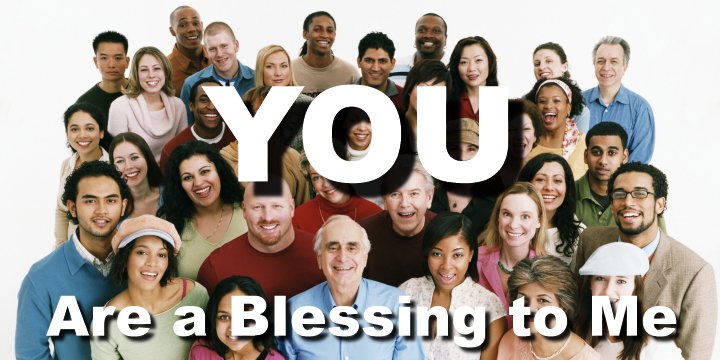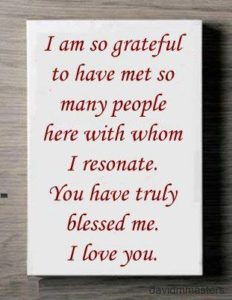When you’re reaching out to connect to people, then by all means do it.
In a society where connecting is more and more limited to less and less; that is to say less face to face communication and more electronic interaction, with less content. Today, we maintain such a high pace and level of activity, that we don’t have time for anyone else but that which we focus on.
What are we focusing on that is so important, and what do we have to show for it?
I don’t know; let me check how many people liked my last post?
It looks, to me, like there is some force at work in the background of our society to keep us so busy doing nothing and keeps us separated with an artificial sense of remaining connected. Whether there is any underlying purpose, or not, the fact of the matter is that our culture is changing, and it you want to connect with someone in a relationship, a business affiliation, or as part of a movement, you’re going to have to have a different approach.
Technology is definitely a part of how we connect, there’s no denying that, but do something more. Yes, connect with each other on social media, but If you want more out of this relationship than a tick on your social media account create a better connection by offering something of value.
I always try to leave someone better than when I met them, if I can. Encourage them, help them see the good in something they thought was not, give them something that could potentially change the way they previously thought about something, or help them imagine what a better life might look like.
None of this is tangible or costs you anything but a few moments of your time, yet can be extremely valuable. Value does not depend on your cash outlay, or a retail price, but more value is placed on things that touch our hearts, or make us feel something.
If you can leave them with something to touch that they can keep with them, even better. Even with business cards fading into the dark ages, I still think of them as a physical item that can be put in someone’s hand. It may have little or no value, but to remind them of you and your conversation (hopefully it was a good one). It doesn’t have to be a business card, it could be anything, a lucky penny or stone, a napkin with your name and email scrawled on it or something that might cause them to remember this meeting sometime after departure.
They may not reach out to you, but BRAVO, you’ve made a connection, one that has a potential of being more meaningful than a new Facebook “friend” or Twitter follower.
If I want to hear from someone again, I like to give them a reason to contact me; so I’m likely to ask them to do something that they can get back to me on. Most of the time, they don’t (not soon, anyway) but it’s given them something to think about, and it gives them an excuse to reach out to me and create an even more meaningful connection.
I hope the future of relationships is not on the brink of vanishing from the planet altogether. The good news is that people still desire connection, and they’re supporting it with their dollars. They are willing to pay to feel like they are a part of something, and “connection” is the only thing that businesses are effectively using to compete with the big corporations.
This is a very good sign that there is hope for connectedness in the future.
If you don’t believe me, just ask your hairdresser.
Reach out, connect face-to-face, give them a talisman, an invitation to follow up, and bless them.











